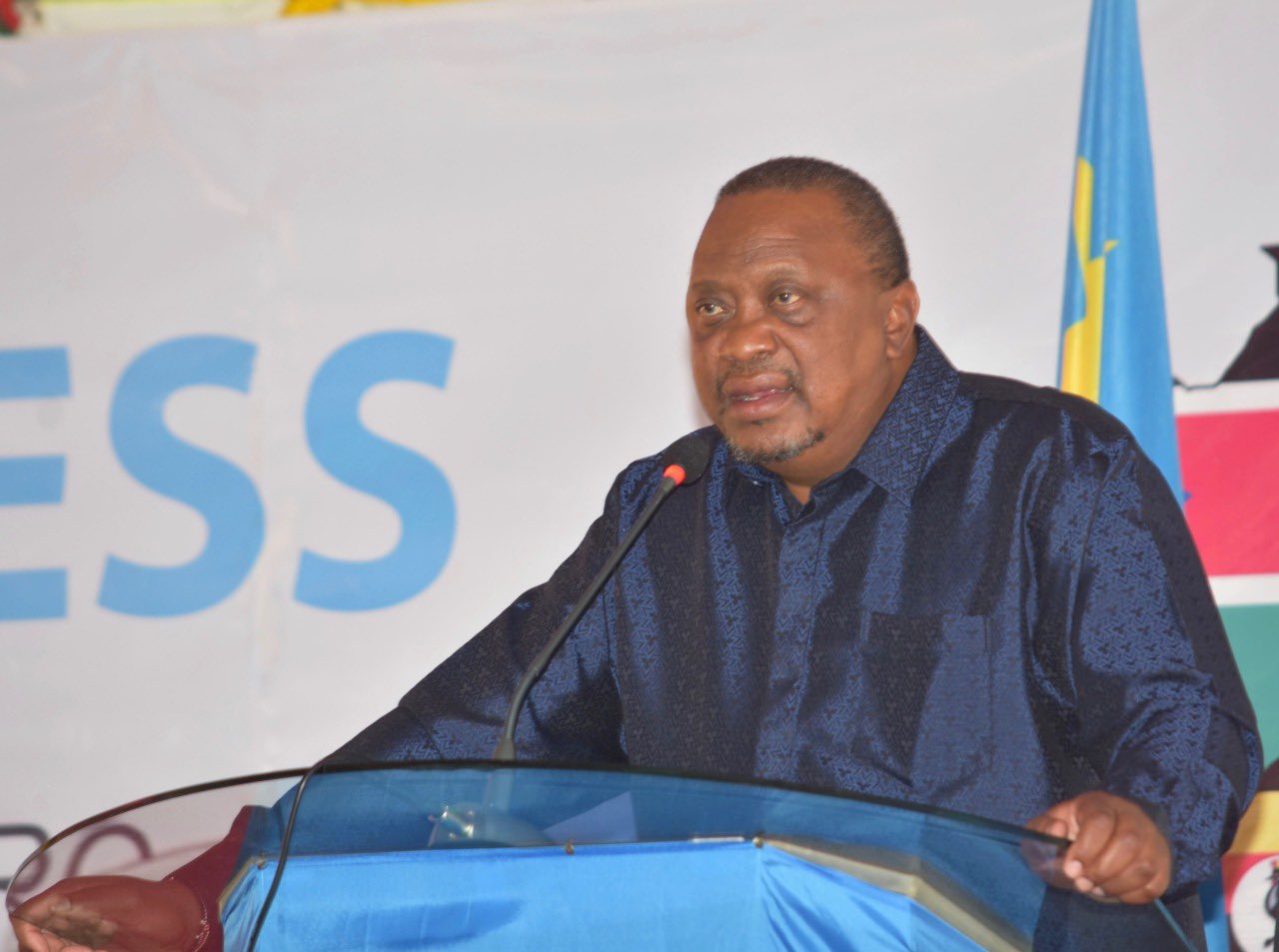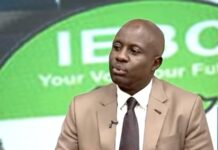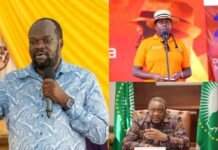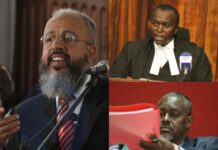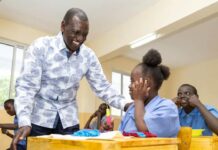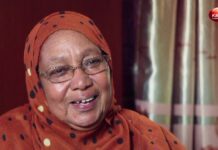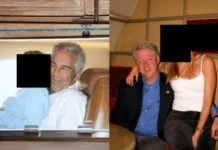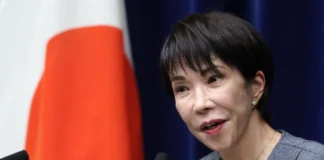Former President Uhuru Kenyatta chastised the East African Community (EAC) leadership on Tuesday for withholding allowances for delegates attending the third session of inter-Congolese peace talks in Nairobi.
The former Head of State, who is also the EAC facilitator of peace talks with the Democratic Republic of the Congo (DRC), was forced to postpone a session on Monday after some Congolese participants walked out in protest of withheld allowances.
The former president postponed the meeting until Tuesday, citing the need for more time to address the aforementioned complaints.
Mr Kenyatta hinted on Tuesday, just moments before officially closing the third and final phase of the Nairobi peace talks session, that his timely intervention had forced the EAC secretariat’s hand.
He slammed the EAC, claiming that the squabble over unpaid allowances could have been avoided if the regional body had been more organized beforehand.
“I would like to thank the EAC secretariat. Yesterday, we had a falling out because you had wronged my people (delegates) but I see that you are finally on the right track,” he said.
“Moving forward, I would like to urge the secretariat to make plans in good time in order to avoid such mishaps. We were here to talk peace and not to discuss where the travelling delegates would be sleeping. Thank you but don’t do that again.”
Kenyatta went on to say that the parties involved in the conflict had committed to a quick resolution, and that he was optimistic that the gains made in Nairobi would be built on in the next round of talks, which will take place in Goma, DRC, in January 2023.
“We are happy with the progress; we are not saying we have completed everything but we have managed to achieve some milestones in terms of issues that will be undertaken by the DRC government and other aspects which will be completed by some of the delegates present,” he said.
“We have agreed we will have a follow-up meeting and that is why we were saying all parties should sign the communique so that every participant can take responsibility for their commitments. I am hopeful that when we meet again in Goma, we should be able to report progress on the items agreed upon here and then engage on some of the medium and long-term agenda items that require time at our next meeting.”









